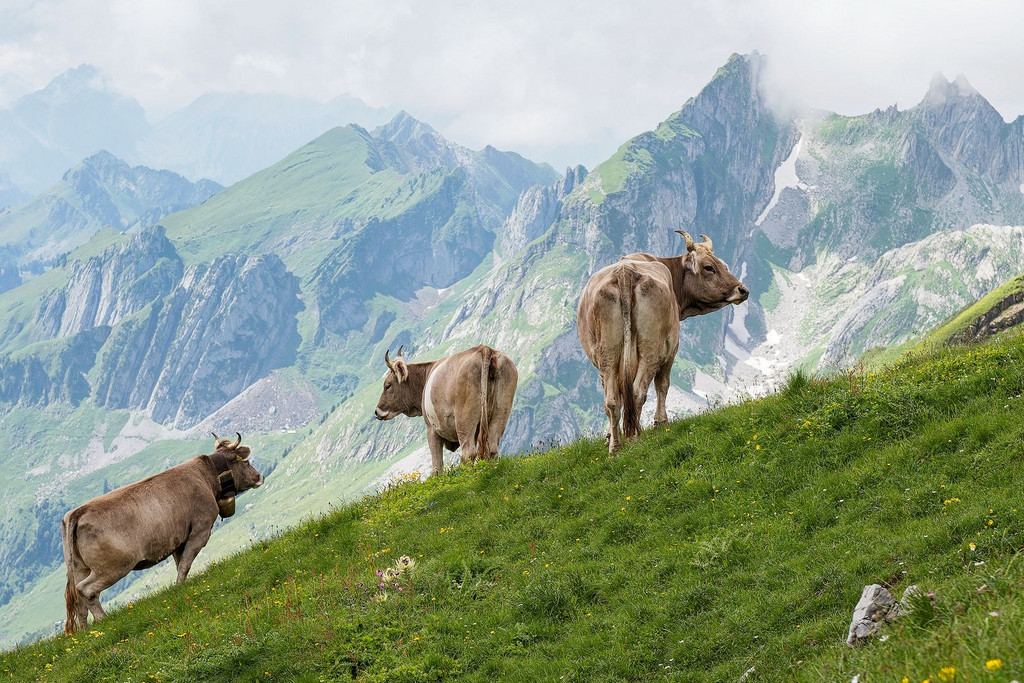Switzerland during the First World War
27.08.2014 – Barbara Engel
While our nation was not directly involved in the First World War with millions of dead and wounded, the events that took place between 1914 and 1918 – also referred to as the seminal catastrophe of the 20th century – nevertheless left deep scars behind. In the recently published book entitled “Insel der unsicheren Geborgenheit” (Island of Uncertain Security), Georg Kreis, an historian from Basel, traces developments during this period.











Comments